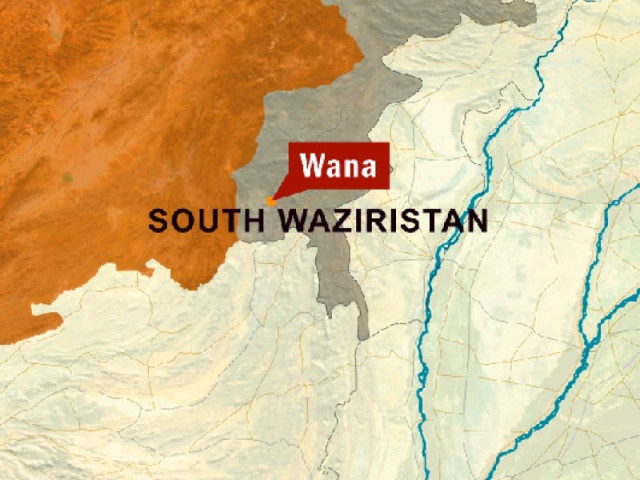‘Manra Gul’: Wana welcomes onset of spring in iambic pentameter
Poetry session held to celebrate the blooming of flowers in South Waziristan

Scholars, writers, poets and a sizeable audience gathered at the Government High School Kari Kot in Wana, South Waziristan Agency, to welcome spring and celebrate the blooming of flowers in the picturesque plains of the town.
The mushaira (poetry session) was held on Tuesday, 10kms away from Wana Bazaar. The moot was dubbed Manra Gul, which in Waziristani Pashto dialect means the blooming of apples. Across the orchards of SWA, apple is the main agricultural produce and the crop’s harvest is a source of joy for locals.

The poetry session was organised by Wana Adabi Tolana, a union of litterateurs. Talking to The Express Tribune, union president Ashfaq Ahmad Ashfaq said the session is an annual event and over the years, more and more people have begun to take interest in it and celebrate the arrival of spring with fervour. “We are nothing without our culture. It gives us our identity,” he said, adding such events will show the world how life really is in areas that have been marred by warfare.
A number of poets recited their works amidst praises and applause from a large gathering. People from all walks of life were present on the occasion.
During his presidential address, scholar Zawal Khan said even years of violence have not been able to harm the social and traditional fabric of tribespeople. “It is our duty to preserve Waziristani culture for our future generations,” he said. Writer Ashfaq Ahmad Ashfaq’s new book was also launched at the session.

In the pages of history
Since agriculture has predominantly been the major livelihood of tribal people, the arrival of spring has always been a source of jubilation and festivity. The literary tradition of welcoming spring is still modern. In older times, small fairs were held in different localities. Children of the neighbourhood would dress up and sing tappay (genre of Pashto poetry) and sandarrah (mountain songs). Some would perform the attan dance, to the beat of traditional drums. The events would last for days and even continue during the night.
Thousands of such tappay and sandarrah exist within the confines of Pukhtun folklore. While their subjects range from heroic accounts to nationalistic ideologues, their original authors remain hidden behind the veil of time.
Published in The Express Tribune, April 29th, 2015.













COMMENTS
Comments are moderated and generally will be posted if they are on-topic and not abusive.
For more information, please see our Comments FAQ